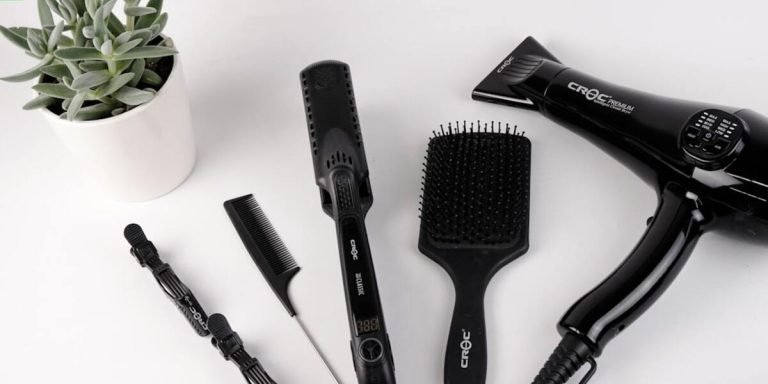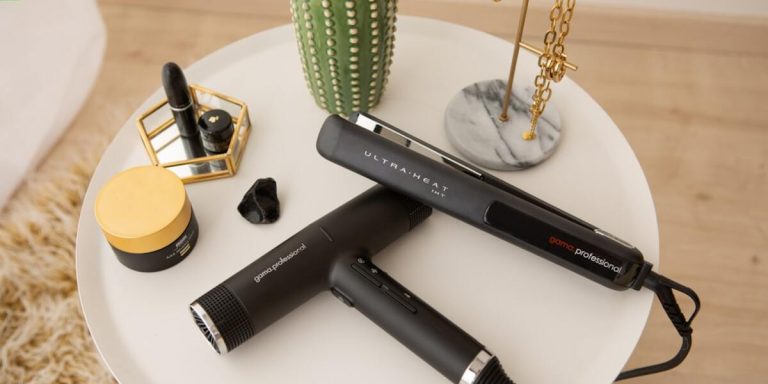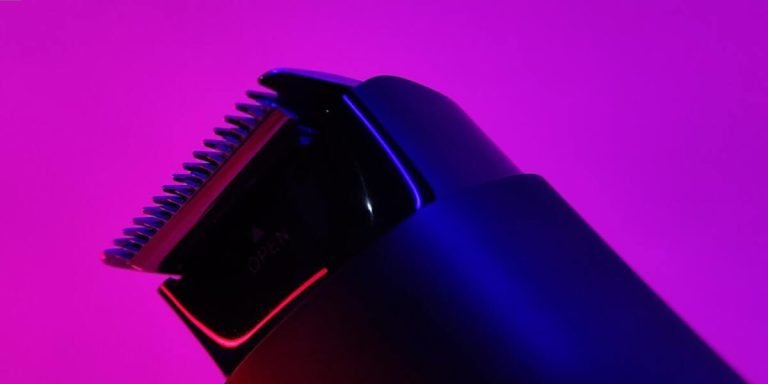Itchy Scalp Hair Loss Treatment: Unveiling Effective Remedies
An itchy scalp can be more than just an annoyance, as constant scratching often leads to hair loss. However, fortunately for those dealing with this issue, there are effective remedies that provide a solution on how to treat “itchy scalp hair loss”. Understanding the root cause and tackling the problem head-on is key.
It may come across as surprising but many people underestimate how crucial a healthy scalp is for good quality hair. The second you notice something unusual like irritability or itching in your crown area along with significant amounts of strands falling out during shampoo time or brushing session one needs to act immediately. Embarking on your journey towards combating “itchy scalp hair loss treatment”, let’s first illuminate some potent methods.
Did you know?
Contrary to popular belief, an itchy scalp is not just a minor discomfort but can be a significant warning sign of hair loss. Dermatologists confirm that relentless itchiness often leads to scratching which may cause physical trauma, thereby accelerating hair fall.
Understanding Itchy Scalp and Hair Loss Correlation
The skin of the scalp, just like any other part of the body, can suffer from a variety of conditions. An itchy scalp may seem like an insignificant annoyance to some; however, persistent scratching and discomfort might be indicative of more serious underlying problems that eventually lead to hair loss if left untreated. Thus, understanding the connection between an itchy scalp and hair loss becomes crucial for combating this issue effectively.
Recent studies suggest a major correlation between itchiness in your head region and substantial hair fall. The constant itch could be attributed to numerous factors such as dandruff due to dryness or oily skin texture, microorganisms’ overgrowth leading to inflammatory reactions – causing not only incessant itching but also weakening your follicles – subsequently resulting in thinning and ultimately falling out.
Moreover, stress-induced hormonal imbalances have also been identified as potential contributors towards propagating both symptoms simultaneously — exacerbating one’s urge scratch whilst perceptibly accelerating their rate losing strands with escalating frequency every passing day. Therefore being aware these interconnections helps us approach treatment options efficiently holistically rather than treating them independent entities which often proves ineffectual long run.
Identifying the Causes of Itchy Scalp Leading to Hair Loss
Itchy scalp resulting in hair loss can be traced back to multiple causes. Let’s delve into some of those reasons, which will assist immensely in determining the right itchy scalp hair loss treatment.
The first noticeable cause could be Seborrheic Dermatitis, a skin condition where your sebaceous glands overproduce oil making your head feel greasy and flaky. This creates an environment for yeast growth leading to intense itching and often results in excessive scratching causing significant hair fall.
Another common reason is Psoriasis—a chronic autoimmune condition that leads to accelerated skin cell proliferation on the surface layer of the scalp. These buildups form silvery-white scales which are not only irritable but also disrupt normal follicular cycle contributing towards thinning or complete loss of strands if left untreated.
Thirdly, Tinea Capitis (Scalp Ringworm) may contribute significantly as well. It’s a fungal infection invading deeper layers of skill cells around hair roots resulting inflammation marked by severe itchiness and consequential shedding off locks due from their roots.
The Link Between Scalp Health and Hair Follicle Function
The connection between the health of your scalp and the function of hair follicles is integral to comprehend while exploring treatments for itchy scalp leading to hair loss. Embracing a holistic approach, let’s delve into these interrelated facets.
Firstly, you need to understand that our scalp skin houses numerous tiny structures known as hair follicles. Each individual strand on our head grows from these microscopic units. Hair growth cycle constitutes three phases – Anagen (growth), Catagen (transition) and Telogen(resting).
Under normal conditions, about 90% of your hairs are in the active anagen phase.
However, factors like poor nutrition, stress or sub-optimal scalp health can disrupt this natural growth cycle causing increasing numbers of strands shifting prematurely into rest mode- resulting in noticeable thinning over time.
An unhealthy or irritated scalp leads to incessantly scratchy sensations which we often term as ‘itchy’ feeling. Prolonged itching may cause mechanical damage due to frictional forces applied during scratching using nails- leaving behind inflamed regions with broken cuticle layers exposing vulnerable inner portions of each affected strand making them prone towards breakage.
Furthermore,certain inflammatory conditions such as seborrheic dermatitis popularly regarded ‘dandruff’, psoriasis etc., trigger redness & swelling around site affecting optimal nutrient supply hence contributing towards premature miniaturization(wherein affects strands appear thinner and shorter than usual size).
Evaluating Effective Treatments for Itchy Scalp and Hair Loss
Evaluating effective treatments for an itchy scalp and hair loss is essential in our current era. With advancements in the medical field, various proven remedies have surfaced that can alleviate these symptoms, but first understanding their root causes helps to implement a successful treatment plan.
An itchy scalp accompanied by hair loss could indicate numerous health conditions from dermatitis or psoriasis to more severe cases like alopecia areata. These scenarios often require different modalities of treatment which makes sorting out through them challenging yet vital. Over-the-counter shampoos containing active ingredients such as ketoconazole or coal tar might relieve itchiness and subdue inflammation effectively so your tender follicles get a chance at healthy growth.
To foster stronger roots and ease associated discomforts:
- Incorporate balanced diets rich in protein and iron
- Stay well-hydrated
- Minimize the usage of heat styling tools
- Ensure sufficient sleep
Remember—patience is key! Hair grows slowly, but if you maintain a consistent routine, you will eventually see bountiful rewards.
Medical Interventions for Combating Itchy Scalp-Related Alopecia
Hair loss that culminates from an itchy scalp can be both distressing and uncomfortable to deal with. However, 2023 brings a slew of medical interventions designed specifically for combating this unique kind of alopecia. Let’s delve into some prominent treatments.
First up on the list is medicated shampoos and conditioners – these are infused with ingredients like ketoconazole or zinc pyrithione which have anti-fungal properties excellent at alleviating itchiness while promoting hair growth recovery.
Secondly, topical corticosteroids stand as another viable option- doctors often prescribe them in mild cases to reduce inflammation and itching causing less damage thus aiding in preserving your hair.
In severe scenarios where over-the-counter treatments fall short we reach out for systemic medications. These include drugs such as cyclosporine or methotrexate which act systemically targeting root causative elements beneath just symptomatic treatment; certainly not a first-line therapy but one that offers hope when all else has been tried.
Natural Remedies to Soothe an Itchy Scalp and Prevent Hair Thinning
Firstly, tea tree oil is considered one of the most effective natural treatments for an itchy scalp associated with dandruff or seborrheic dermatitis – both common causes of hair loss. This potent essential oil possesses anti-fungal properties that can help combat these conditions, providing relief from itchiness while promoting healthier follicles.
Second on our list would be apple cider vinegar (ACV). ACV has been lauded as a go-to remedy thanks to its antimicrobial attributes which allow elimination of bacteria causing irritation on your scalp. It also helps maintain pH balance thereby reducing redness and itching.
Jojoba Oil could not be left out either; this fantastic emollient closely mimics the skin’s own oils making it excellent for hydrating parched scalps and eliminating uncomfortable dryness leading towards flaking off into dandruff.
Preventative Measures and Maintenance for a Healthy Scalp
Proper care and prevention are crucial when it comes to combating hair loss associated with an itchy scalp. In 2023, there’s a surge of advanced treatments available but none as important as maintaining the well-being of your scalp from the get-go. Addressing this issue calls for integrated solutions that include both internal health attention and external haircare routine adjustments.
Internally, focusing on diet is paramount because healthy follicles require specific nutrients—protein, iron, Vitamin B12—and hydration to flourish properly. Optimal nutrient intake paves the way towards improving overall body metabolism which also affects our scalps positively in turn decreasing itchiness or irritability while helping hair growth thrive naturally.
Remember to always maintain cleanliness; its importance cannot be overstated. A clean environment consistently promotes good health. Use mild shampoos made for sensitive skin to minimize the damaging effects of product build-up, which could lead to trichotillomania (hair-pulling). Choose products containing natural soothing agents like chamomile or tea tree oil to reduce inflammation and relieve itching, offering therapeutic benefits as well.
Lifestyle Adjustments to Mitigate Risk Factors of Itchy Scalp
The connection between an itchy scalp and hair loss is a common concern for many. While the two conditions can exist independently, they often occur simultaneously. Therefore, easing itchiness may also reduce your risk of losing hair prematurely.
Here are several practical strategies to help you mitigate these problems through lifestyle adjustments:
Firstly, develop a balanced diet plan that includes all essential vitamins and minerals necessary for a healthy scalp. For instance: Iron-rich foods such as red meat or spinach can improve circulation to follicles; Vitamin A found in carrots or sweet potatoes promotes sebum production – natural oil that moisturizes the skin on your head.
Exercise regularly – it’s proven to boost blood flow which ultimately brings nutrients effectively to your hair roots leading towards healthful growth.
Maintain good hydration levels by drinking at least eight glasses of water daily for optimum bodily functions including promoting healthier locks due lackluster caused dehydration factors could cause dryness intensifying itching sensations affecting overall condition potentially resulting further losses over time if left unchecked so make sure keep proper balance this aspect too always.
Regular Care Routines to Strengthen Hair Against Loss
Keeping your scalp healthy is one of the key defenses against hair loss. An itch-free, properly nourished and clean environment encourages stronger and healthier hair growth. As such, satisfying the intent for “itchy scalp hair loss treatment” revolves around establishing regular care routines to strengthen your follicles.
Firstly, keep a strict washing routine in place. Regular cleaning helps get rid of dead skin cells that can accumulate on your scalp causing discomfort and itching. Opt for shampoos specially designed to soothe an itchy scalp which are usually infused with ingredients like tea tree oil or menthol oils known for their calming properties.
Incorporating regular exfoliation into this regimen assists further by removing build-up from products or excess sebum that could potentially clog pores leading to inflammation; introducing potential triggers for balding conditions such as Folliculitis decalvans or lichen planopilaris if left unchecked long-term.
Conclusion
In the realm of hair health, it’s crucial to remember that every individual is unique; what works for one might not work as seamlessly for another. This holds particularly true in our journey towards finding the best itchy scalp hair loss treatment. So don’t be disheartened if your first attempt doesn’t bring instant success.
Patience and persistence are key.
While you’ve learned about some effective remedies today, there’s a world full of information waiting on our website to help guide you further on this path towards regaining control over your mane’s fate! Continue browsing through our comprehensive content surrounding “Hair Loss Treatments” and empower yourself with knowledge – because when dealing with something as precious as your locks, ignorance certainly isn’t bliss!







